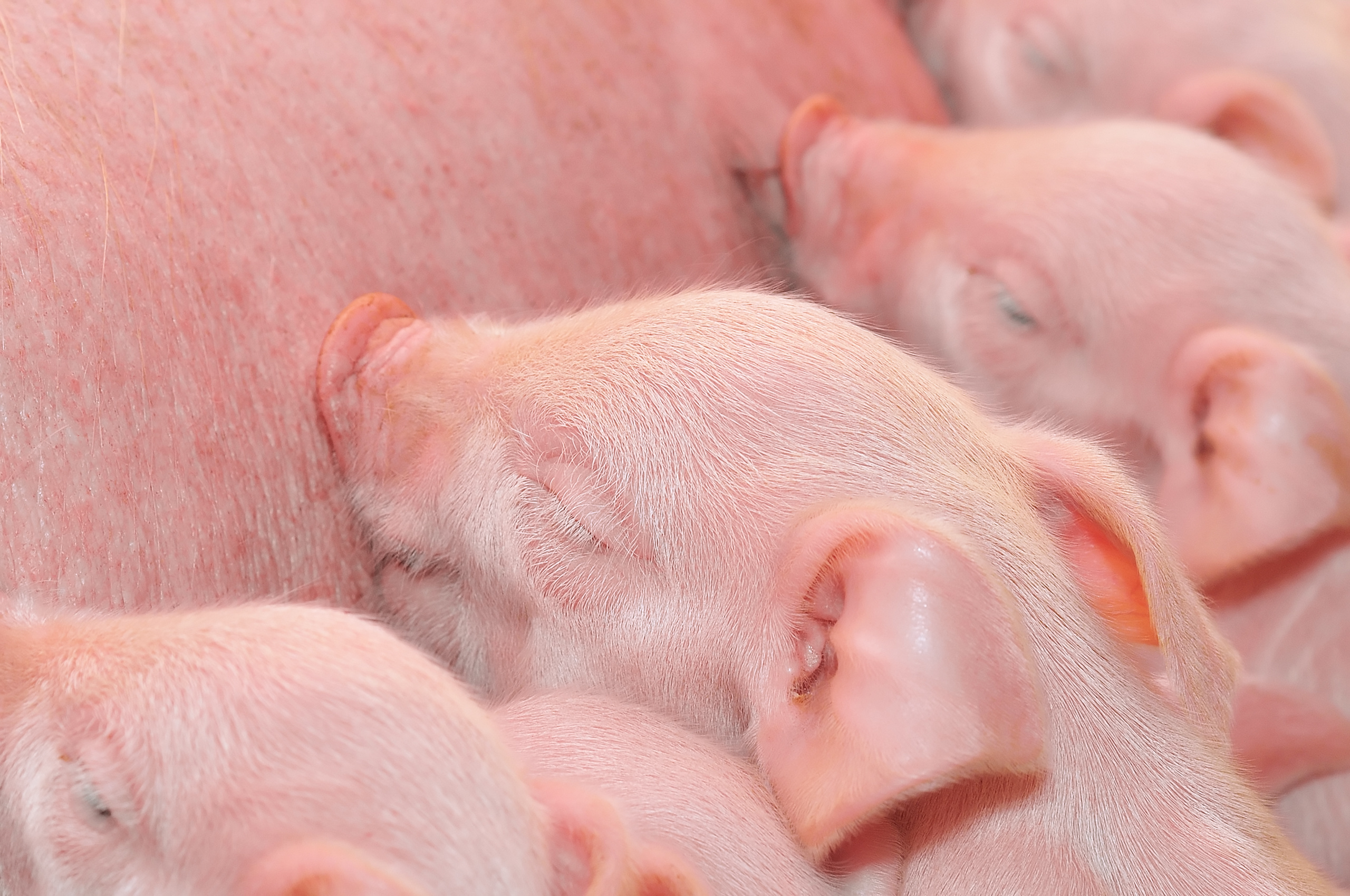



Scientists still battling PRRS deaths in piglets
Scientists with the University of Saskatchewan are working to reign in the reproductive losses resulting from PRRS.Researchers with the Western College of Veterinary Medicine are working to reduce the mortality rate of piglets born to sows that have been infected by porcine reproductive and respiratory syndrome (PRRS). Dr John Harding, a Professor in the department of large animal clinical sciences, says one of the challenges is that the virus will always likely cross the placenta so finding ways to make the litter or the individual foetus more resilient will benefit everybody.

In an interview with Farmscape, Dr Harding explains that research will continue in the hopes of improving foetal resistance to PRRS.
"We are looking specifically at resilience. If a sow is to become infected how can we get that sow or that gilt to deliver a healthy litter?
"In our experimental model we see resilience, or foetal mortality, range from zero to 100 percent across individual animals so we know that there are some resilient gilts that do not shed to their litter for some reason.
"We also know that there are lots of individual foetuses that can resist infection for greater periods of time than their litter mates.
"On the other hand there is the other extreme, where you have very very susceptible sows and very very susceptible foetuses.
"The reasons for this is what we're trying to figure out and we have learned a bunch of stuff that's leading toward that.
"One of the things we would look at initially was, if we have resilience is that because the dam is resilient or because there are things at the placental barrier that determine resilience? Or is it things that are happening in the foetus that determine resilience?
"In the long run it's probably all three but we really are focusing now in on events that are happening at the placental barrier as well as events that are happening in the foetus."
Dr Harding says this has been a novel step forward because previous research suggested that the foetus dies because the placenta separates, and that does not appear to be the case. He says the foetus clearly responds to infection.








